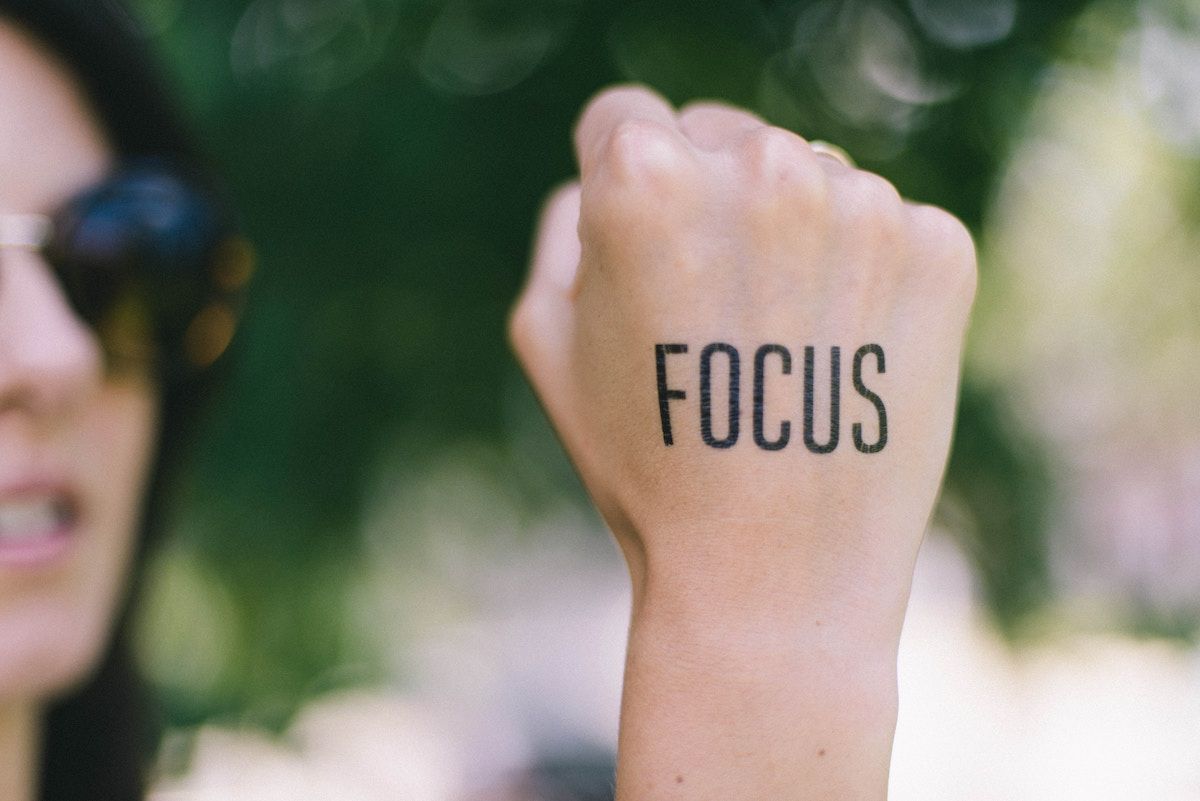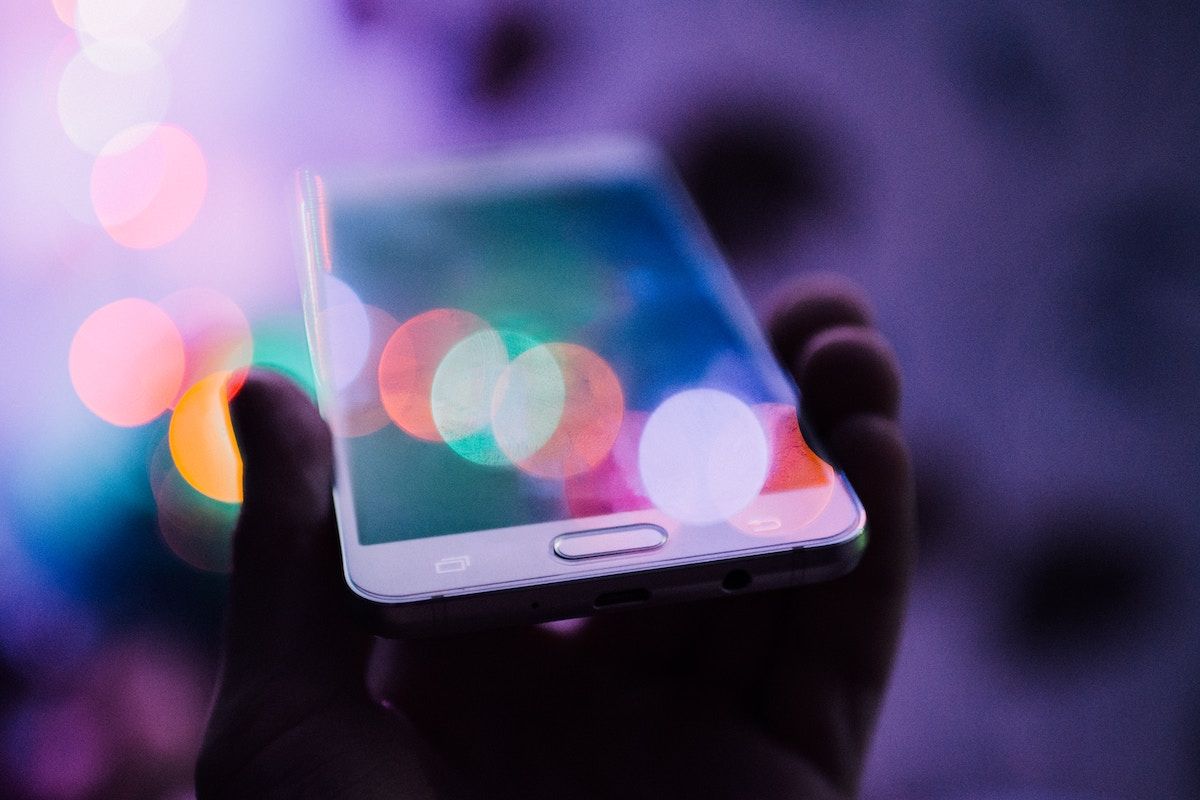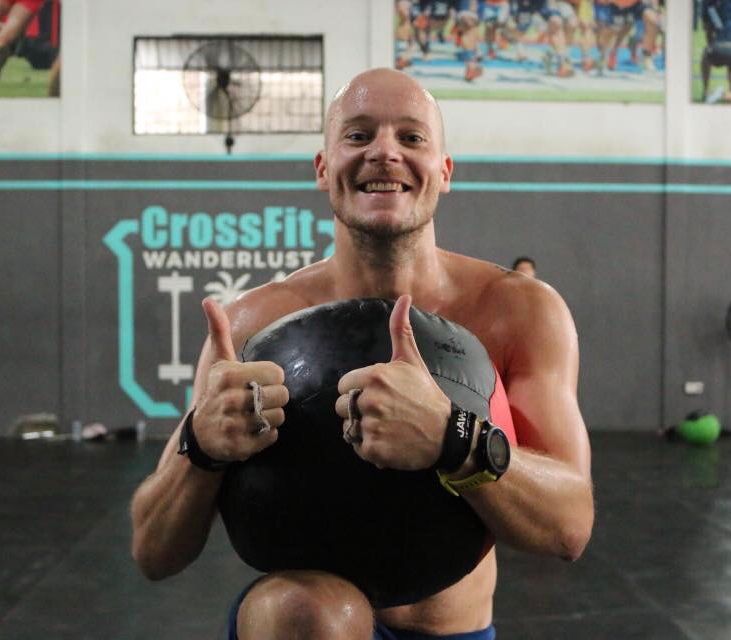Achieving Happiness and Peak Performance for the Mind with Former Monk Toby Ouvry

For many, technology and constant notifications have resulted in distracted minds. Multi-tasking, lack of focus and the inability to keep your attention on one thing. Your mind seems to be that web browser, with 20 tabs open simultaneously. 24 hours never seems to be enough...
You start getting overwhelmed and stressed out by the never ending to-do lists and expectations. Topics like 'time management' and 'productivity' start to interest you, as you desire to be more mindful on your thoughts and decisions. You question why you are so busy day in and day out, and whether what you are doing actually matters. Are you investing time in things that are important to you? Are your living consciously and wide awake?
How can you achieve mental clarity and peak performance for the mind - for a happy, fulfilled life? Big question.
We speak to Toby Ouvry, a mindfulness trainer, published author and former monk to get his thoughts on themes like mindful goal setting, stress, technology, communication, emotions, healthy relationships and more.
Keen to connect with other purpose-driven individuals or a mindfulness partner? Seek out our community on BrocnBells.com.

What is peak performance for the mind to you? What is mental fitness to you?
It would be more like peak performance for the body-mind, or peak performance for the body, mind and heart. By this, I mean that in order for the mind to function optimally, it needs to be functioning cooperatively with our emotions and body!
From another perspective, to me it means a balanced state of focused relaxation (or ‘flow’) in the present moment, so that our natural intelligence is able to respond optimally to the challenges present.
The aim of mental fitness is always, in my view, to create a win-win experience between our personal wellbeing (or happiness), and our task-effectiveness (or performance). It’s always a ‘both-and’ not an ‘either-or’ equation.
Is stress good or bad for our well-being? What are some ways busy professionals & entrepreneurs can measure their stress levels?
Stress is an inevitable part of life. It is either helping us to grow and develop (eustress), or inhibiting that growth and development (negative stress). The key here is to notice:
- Which types of activity in your life are producing positive stress, and nurture them
- And which activities/stressors are creating negative stress. With these you then work on either reducing them, or changing your relationship to them so that they are producing positive stress rather than negative stress
- A big focus of my own integral mindfulness work is to transform negative stress into positive stress, as the saying goes, “A diamond is just a piece of coal that learned to handle stress well!"
What are little steps time poor individuals can do to be more mindful, have mental clarity, and develop focus & concentration?
- Use daily activities as objects of mindful concentration; the walk from the train station to the office, or the gym session. Focusing on the physical movement can also help build focus
- Attention training by focusing on mono-tasking, one after the other in sequence rather than multi-tasking
- Create boundaries around your phone time, for example keep it out of your bedroom after a certain time at night
- Use attention to your senses to become more grounded and less mentally busy
- Start a minimal structured training in mindful focusing, for example 1 minute of mindful focusing on one object, 3x a day

When can technology be a positive force when developing mindfulness then?
- When you use it to keep in touch with good quality content and support networks that help you value and nurture your inner wellbeing and personal growth
- When you learn to use online communication (Whatsapp, email etc…) consciously and mindfully
- When you learn to know when you are approaching information overwhelm, and temporarily dis-engage from technology, then you can avoid the chronic stress issues related to it. Used consciously, technology can be a force for the good
What is happiness to you?
Living, acting and building relationships in accordance with my deepest values. Inevitably, life involves some pain and suffering, but when you are living ‘on purpose’, then even the difficulties become a part of your overall experience of the happiness that comes from giving your life a meaning.
What are some challenges you are facing now that is preventing you from leading your happiest life? What is your approach to these challenges?
The indifference of society in general to living a self-aware and meaningful life can sometimes be depressing to me, and it can feel like an uphill battle often times in the face of indifference and inertia. But, this also makes the difference that I do make to people’s lives, and the connection that I make to the communities who care all the more happy-making and fulfilling!

What are little steps busy individuals can take to understand their triggers and develop greater self-awareness with their emotional states?
Amongst other things:
- Commit to being more self-aware, reflect, turn and look at yourself each day
- Learn to accept yourself with care, and relax into emotional discomfort, rather than running from it or repressing it
- Get in the habit of taking responsibility for yourself and your actions
- Rather than hurrying to ‘fix’ yourself, focus on understanding yourself and your motivations
- Talk and learn from people a little further along the path of self-awareness than you are!
What are the key fundamentals to approaching mindful goal setting?
Amongst other things I would include:
- An awareness of how your goals and your core values relate to each other, and aligning them as much as possible
- Having key long term goals that you can work consistently towards over a long period of time without running out of stamina
- Be clear about what your short term goals are for today, and how they are taking you toward your long term goals
- Pacing yourself, valuing incremental progress, and not being discouraged by temporary setbacks (being patient!)
- Not getting too distracted by the urgent, at the price of goals that are truly important to you
Lack of communication typically leads to a breakdown in relationships - whether at work or with your loved ones. What are 3 things that are important to you when communicating with someone?
- Being honest, kind and courageous in balanced combination. Committing to talk about subjects that are taboo or that would otherwise be ‘swept under the carpet’ to fester
- Committing to ‘say what I want, and want what I say’ - even if they love you, you can’t expect them to do something for you that you haven't asked for clearly
- Knowing when not to communicate. For example when I’m emotionally triggered and might say things I don’t mean, would hurt or that I would regret. “This is important but let’s talk about it later" is a good sentence to own

What are 3 things that are part of your practice when building a healthy relationship with self?
- Honouring the path I have been on to this point, and the person I have been, however imperfect. I don’t hold negative grudges against myself, I am committed to being on my own side
- I hold myself accountable for commitments I have made
- I commit to doing things each day that nurture my well-being authentically; I try and give to others from a place of inner richness and strength
What are 3 things that are part of your practice when building healthy relationships with others?
- Valuing others and seeing their potential
- Taking the time to see the world through their eyes, and understand their point of view
- Creating clear boundaries in the relationship; Understanding what is their responsibility and what is mine. Building ‘independent-interdependence’ rather than ‘unhealthy co-dependence’
Join Toby Ouvry for a small group workshop experience Weds, 15th May 7:30pm. Disconnect to connect with yourself, as well as like-minded individuals who share the same goals and zeal for productivity and success - as you do.
Toby is the Founder of Integral Meditation Asia and has over 20 years of practicing and teaching meditation & mindfulness. Currently, he faciliates the mindfulness program for INSEAD School of Business, Singapore campus, as well as numerous SMEs, MNCs and government organisations.
Questions for Toby or feedback? Please email: [email protected].





